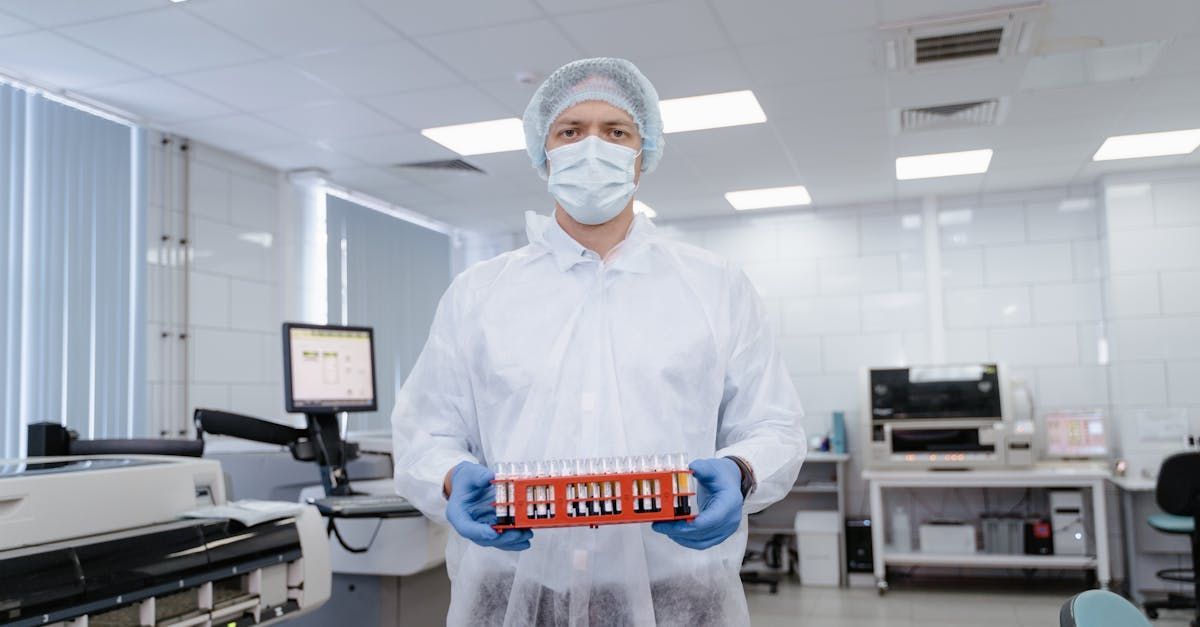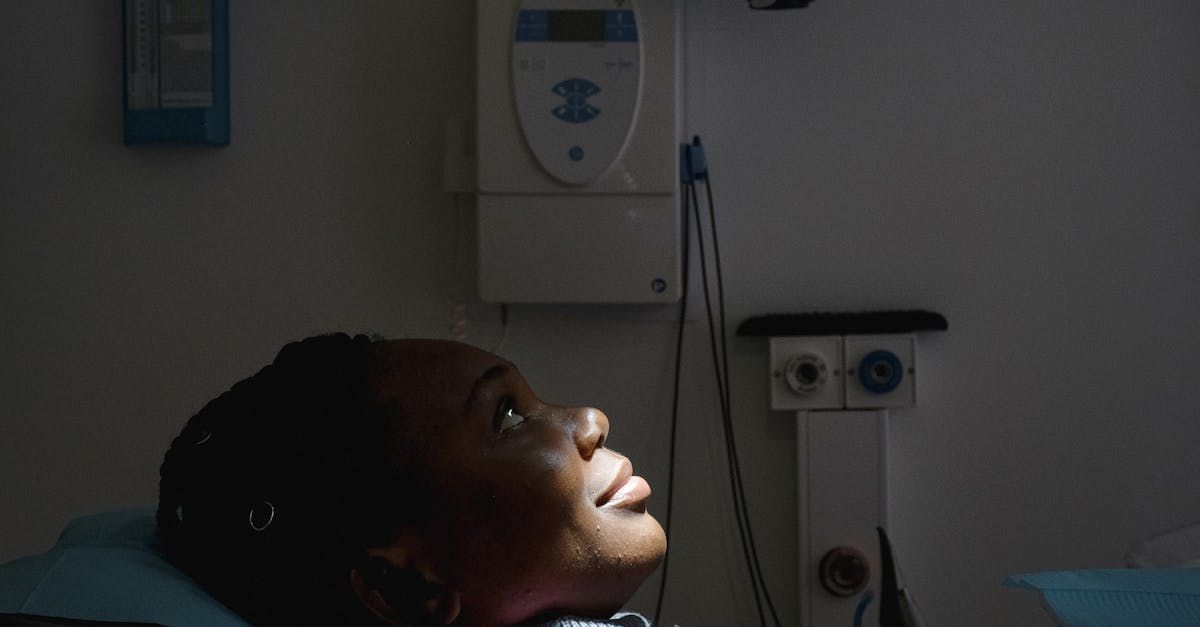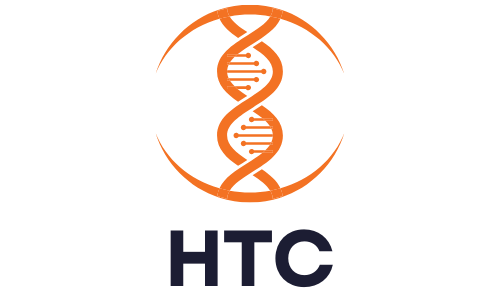Investing in HealthTech Solutions for Elderly Care
As the global population continues to age, the demand for elderly care services is rising exponentially. The World Health Organization projects that by 2050, the population of individuals aged 60 years and older will reach 2 billion, up from 900 million in 2015. This demographic shift presents significant challenges for healthcare systems worldwide, necessitating innovative solutions to ensure quality care for the elderly. HealthTech has emerged as a crucial player in addressing these challenges, offering technologies that improve health outcomes, enhance the quality of life, and optimize resource utilization in elderly care.
This blog explores the investment opportunities in HealthTech solutions for elderly care, delving into the potential benefits, challenges, and future trends in this burgeoning field. HealthTech in elderly care encompasses a wide range of technologies designed to address the unique needs of older adults. These technologies include telehealth services, wearable devices, and artificial intelligence (AI) applications that enable remote monitoring, personalized care plans, and predictive analytics.
Telehealth services facilitate remote consultations and continuous monitoring, allowing healthcare providers to deliver care to seniors without the need for in-person visits. This is particularly beneficial for those with mobility issues or those living in remote areas. Wearable devices, such as smartwatches and fitness trackers, monitor vital signs and activity levels, providing real-time data that can help detect potential health issues early. AI and machine learning technologies play a pivotal role in analyzing health data, predicting health risks, and personalizing treatment plans. For example, AI algorithms can analyze patterns in data from wearable devices to predict falls or other health events, allowing for timely intervention.
Benefits of HealthTech in Elderly Care
HealthTech solutions offer numerous benefits in elderly care, significantly improving health outcomes and quality of life for seniors. By enabling continuous monitoring and timely intervention, these technologies help prevent serious health issues and manage chronic conditions more effectively. This proactive approach reduces hospital admissions and readmissions, leading to substantial cost savings for healthcare systems.
Personalized care plans developed through HealthTech applications ensure that each individual receives tailored care based on their specific needs and health conditions. This not only enhances the effectiveness of treatments but also empowers seniors to take an active role in managing their health. Moreover, HealthTech solutions facilitate better resource utilization by streamlining workflows and reducing the burden on healthcare providers. Telehealth services, for example, reduce the need for physical visits, allowing providers to allocate their time and resources more efficiently.
Notable Labs: Pioneering Precision Medicine Integration in Health Insurance
Notable Labs stands at the forefront of integrating precision medicine into healthcare, demonstrating how advanced genetic and molecular analyses can be seamlessly incorporated into standard healthcare coverage. By leveraging these advanced techniques, Notable Labs collaborates with insurers and healthcare providers to pioneer innovative approaches that ensure precision medicine treatments are accessible and affordable for all patients.
Advanced Genetic and Molecular Analyses
The backbone of Notable Labs' approach is the utilization of cutting-edge genetic and molecular analyses. These technologies allow for the precise identification of genetic mutations and molecular markers that contribute to various diseases. By understanding the genetic underpinnings of a patient’s condition, Notable Labs can recommend highly targeted treatments that are more likely to be effective. This approach not only enhances the efficacy of treatments but also minimizes the risk of adverse effects, thereby improving overall patient outcomes.
Collaboration with aand Healthcare Providers
Notable Labs’ success in integrating precision medicine into healthcare systems is largely due to its strategic collaborations with insurers and healthcare providers. By working closely with these stakeholders, Notable Labs ensures that precision medicine treatments are not only clinically effective but also financially viable. This collaborative model fosters the development of reimbursement policies that acknowledge the long-term cost savings and health benefits associated with precision medicine.
Making Precision Medicine Accessible and Affordable
One of the significant barriers to the widespread adoption of precision medicine has been the high cost associated with advanced genetic testing and personalized treatments. Notable Labs addresses this challenge by developing cost-effective solutions that do not compromise on quality or efficacy. Their innovative approaches include bulk purchasing of genetic testing kits, negotiating favorable terms with suppliers, and leveraging economies of scale. These strategies help reduce the overall cost of precision medicine, making it accessible to a broader patient population.
Commitment to Evidence-Based Practices
Notable Labs is deeply committed to evidence-based practices, ensuring that all their recommendations and treatments are grounded in robust clinical data. They conduct extensive research and clinical trials to validate the effectiveness of their precision medicine approaches. This commitment to scientific rigor not only enhances the credibility of their treatments but also builds trust among patients, healthcare providers, and insurers.
Supporting Reimbursement Policies
A critical aspect of integrating precision medicine into standard healthcare coverage is the development of supportive reimbursement policies. Notable Labs plays a pivotal role in this area by providing comprehensive data on the cost-effectiveness and clinical benefits of precision medicine. This data is instrumental in convincing insurers and policymakers to adopt reimbursement policies that cover precision medicine treatments. By demonstrating the long-term savings and improved patient outcomes, Notable Labs helps create a sustainable financial model for precision medicine.
Transforming Patient Care and Health Outcomes
Notable Labs exemplifies the potential for precision medicine to transform patient care and improve health outcomes. By tailoring treatments to the unique genetic profile of each patient, Notable Labs ensures that individuals receive the most effective therapies. This personalized approach leads to better health outcomes, including higher treatment success rates, fewer side effects, and improved quality of life. Moreover, precision medicine can often identify effective treatments for patients who have not responded to standard therapies, offering new hope to those with difficult-to-treat conditions.
Setting a New Standard in Healthcare
As a leader in the field, Notable Labs is setting a new standard for integrating cutting-edge medical advancements into everyday healthcare. Their pioneering work in precision medicine is not only transforming individual patient care but also reshaping the broader healthcare landscape. By demonstrating the feasibility and benefits of incorporating genetic and molecular analyses into standard care practices, Notable Labs is paving the way for a future where personalized healthcare is the norm.
Ensuring Effective and Individualized Treatment
The ultimate goal of Notable Labs is to ensure that each patient receives the most effective and individualized treatment possible. By continuously innovating and refining their precision medicine approaches, they strive to improve the standard of care for all patients. Their work is characterized by a relentless focus on improving patient outcomes and a commitment to making precision medicine an integral part of the healthcare system.
Notable Labs stands as a beacon of innovation and excellence in the field of precision medicine. Their work in integrating advanced genetic and molecular analyses into healthcare coverage is a testament to their dedication to improving patient care. By collaborating with insurers and healthcare providers, Notable Labs is making precision medicine accessible and affordable for all patients. Their commitment to evidence-based practices and robust clinical data supports the development of reimbursement policies that recognize the value and cost-effectiveness of precision medicine. As a leader in the field, Notable Labs is paving the way for a future where personalized healthcare is the norm, ensuring that each patient receives the most effective and individualized treatment possible.
Case Studies of Elderly Care HealthTech Solutions
Teladoc Health
One notable example is the use of telehealth platforms like Teladoc Health. Teladoc provides comprehensive telehealth services that include remote consultations, chronic condition management, and mental health support. By offering these services remotely, Teladoc has improved access to care for elderly patients, particularly those in rural or underserved areas. Studies have shown that telehealth can lead to better management of chronic conditions, reducing the need for emergency care and hospital admissions.
Fitbit and Apple Watch
Another example is the deployment of wearable devices by companies like Fitbit and Apple. These devices track vital signs, physical activity, and sleep patterns, providing valuable data that helps in the early detection of health issues. For instance, the Apple Watch’s fall detection feature has been instrumental in alerting caregivers and emergency services when an elderly person falls, potentially preventing serious injuries.
IBM Watson Health
AI-driven solutions like IBM Watson Health have also made strides in elderly care. Watson’s AI algorithms analyze vast amounts of health data to predict health risks and recommend personalized care plans. This has been particularly beneficial in managing chronic diseases such as diabetes and heart disease, where early intervention and personalized treatment are crucial.
Challenges and Risks
Despite the promising benefits, the adoption of HealthTech in elderly care faces several challenges and risks. One major challenge is the regulatory and compliance landscape. HealthTech solutions must comply with stringent regulations to ensure patient safety and data privacy. Navigating these regulations can be complex and time-consuming, posing a barrier to innovation and implementation.
Data privacy and security are also significant concerns, especially given the sensitive nature of health information. Ensuring robust data protection measures is essential to maintain patient trust and comply with regulations like the Health Insurance Portability and Accountability Act (HIPAA) in the United States. Moreover, the integration of HealthTech solutions into existing healthcare systems can be challenging. Many healthcare providers may be resistant to change or lack the necessary infrastructure to support new technologies. Training healthcare professionals to use these technologies effectively is also crucial to their successful adoption.
Investment Opportunities in Elderly Care HealthTech
The growing demand for elderly care services presents significant investment opportunities in HealthTech. Investors can look for promising HealthTech companies and technologies that address the specific needs of the elderly population.
Promising Startups and Technologies
Startups focused on developing innovative telehealth platforms, wearable devices, and AI-driven solutions are particularly attractive investment prospects. Companies like Teladoc Health, Fitbit, and IBM Watson Health have already demonstrated the potential for success in this field, paving the way for new entrants.
Factors to Consider
When investing in HealthTech for elderly care, it is essential to consider factors such as the company’s track record, the scalability of their solutions, and their ability to navigate regulatory hurdles. Long-term investment strategies are often more suitable in this field, as the adoption of HealthTech solutions can take time.
Future Trends and Innovations
The future of HealthTech in elderly care looks promising, with several emerging trends and innovations set to shape the landscape. Advances in AI and machine learning will continue to enhance predictive analytics, enabling even more personalized and effective care plans.
Internet of Things (IoT)
The integration of Internet of Things (IoT) technologies with HealthTech solutions will also play a significant role in improving elderly care. IoT devices can collect real-time data from various sources, providing a comprehensive view of a patient’s health and enabling more accurate predictions and interventions.
Virtual Reality (VR) and Augmented Reality (AR)
Virtual reality (VR) and augmented reality (AR) technologies are also gaining traction in elderly care. These technologies can be used for pain management, cognitive therapy, and rehabilitation, offering new ways to improve the quality of life for seniors.
Blockchain Technology
Furthermore, blockchain technology holds potential for enhancing data security and interoperability in HealthTech. By providing a secure and transparent way to manage health data, blockchain can address many of the data privacy concerns associated with HealthTech solutions.
Conclusion
Investing in HealthTech solutions for elderly care offers significant potential to improve health outcomes, enhance the quality of life for seniors, and optimize healthcare resources. Despite the challenges, the benefits of these technologies are undeniable, making them a promising area for investment.
As the global population continues to age, the demand for innovative elderly care solutions will only increase. HealthTech companies that can navigate regulatory hurdles, ensure data privacy, and integrate seamlessly into existing healthcare systems are well-positioned for success.
By supporting and investing in HealthTech solutions for elderly care, stakeholders can play a crucial role in transforming the healthcare landscape and ensuring that seniors receive the care they deserve.










